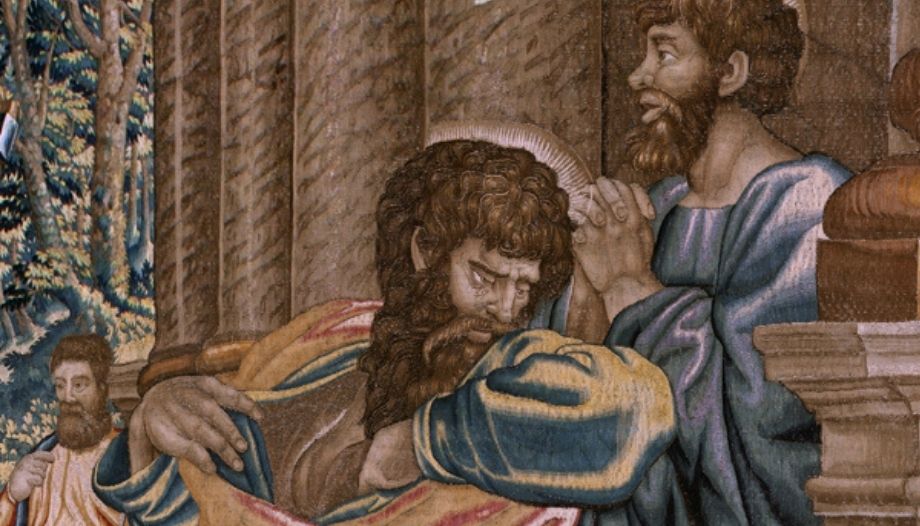The liturgy dedicates June 11 to St. Barnabas, one of the most recognized disciples of the first Christian community. Although he was not one of the Twelve, he was also sent as an apostle. Thanks to him, St. Paul, recently converted on the road to Damascus, was welcomed in Jerusalem by the apostles and the community.
The vatican saints' calendar The fact that many were suspicious of Saul, who had persecuted the Christians (cf. Acts 9:27), but Barnabas took him in and introduced him into the community.
He did so as follows: "When he (Saul, Paul) arrived in Jerusalem, he (Saul) tried to join the disciples, but they were all afraid of him (...). Then Barnabas took him and brought him to the apostles, and he told them how he had seen the Lord on the road, and what he had said to him, and how he had acted boldly in the name of Jesus in Damascus.
Barnabas, among the first people sent by Jesus
Joseph, called by the Apostles Barnabas - which means 'son of consolation' - was a Levite born in Cyprus who owned a field, sold it and put the money at the disposal of the Apostles, according to the Acts. In addition, the Vatican agency points out that "another tradition - reported by Eusebius of Caesarea, who is inspired by Clement Alexandrinus - includes Barnabas among the 72 disciples sent by Jesus on a mission to proclaim the Kingdom of God.
Considered "virtuous man, filled with the Holy Spirit and faith"Barnabas was sent to Antioch in Syria, from where news of numerous conversions had arrived. Barnabas exhorted everyone "to persevere with a resolute heart in the Lord," and then asked Paul for help, pushing him toward his mission as Apostle to the Gentiles. In Antioch the disciples began to call themselves Christians (Acts, 11, 26).
With St. Paul, "discord among saints".
After the preaching in Antioch, Barnabas and Paul left for a new mission in Cyprus. With them is also John, called Mark (the evangelist), who is also in the saints' calendar, on April 25. The next stage is Pamphylia, but John decides to return to Jerusalem. Barnabas and Paul continue and finally return. Shortly thereafter, the two prepare for a new mission. Barnabas wanted to travel with John, and Paul was against it. Barnabas embarked for Cyprus with Mark, and Paul, on the other hand, chose Silas (cf. Acts 15:36-40).
Commenting on this passage, Benedict XVI said in a AudienceEven among the saints there are contrasts, disagreements, controversies. I find this very consoling, because we see that the saints 'have not fallen from heaven'". And he added: "They are men like us, even with complicated problems. Holiness does not consist in never making mistakes or never sinning. Holiness grows with the capacity for conversion, repentance, readiness to begin again, and above all with the capacity for reconciliation and forgiveness." The rest -St. Paul calls St. Mark his 'collaborator'-, you have it in the text of Benedict XVI.








